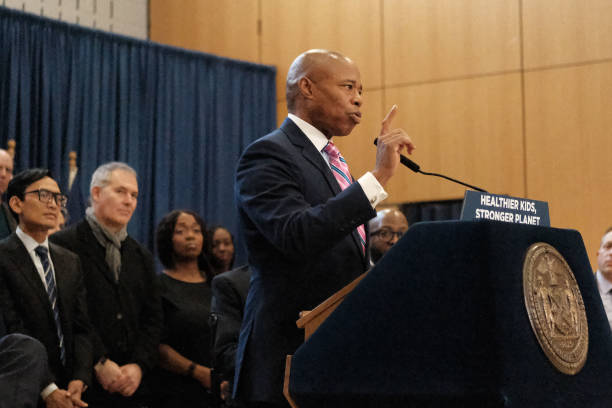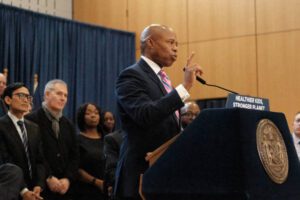On this day in 1831, Nat Turner, an enslaved man and educated minister in Southampton County, Virginia, initiated an insurrection that he believed was ordained by God. Nat Turner’s rebellion, known historically as the Southampton Insurrection, stands as the largest and deadliest uprising of enslaved people in U.S. history. Turner’s goal was to capture the Southampton County armory and then lead his followers 30 miles to Dismal Swamp, where they could evade pursuit. The rebellion began with Turner and seven followers killing his owner, Joseph Travis, along with Travis’ family, before setting off across the countryside, rallying other enslaved people to join the revolt.
Over the next two days, Turner and his growing band of rebels attacked homes throughout Southampton County, killing between 55 and 65 white men, women, and children. This indiscriminate violence, targeting all white people regardless of age or gender, was intended to spread terror among the local white population and force them to confront the brutal reality of slavery. Despite Turner’s hopes of amassing a large force, the rebellion was suppressed within days. The state militia, comprising around 3,000 men, crushed the uprising at Belmont Plantation on August 23, dispersing or capturing the remaining rebels just a few miles from Jerusalem, Virginia.
The aftermath of the rebellion was brutal. White militias and mobs retaliated with widespread violence, killing as many as 120 enslaved and free African Americans, many of whom had no involvement in the revolt. In the frenzy, 56 enslaved people, including Turner, were tried and executed by the Commonwealth of Virginia. Turner himself evaded capture for over a month but was eventually discovered on October 30, 1831, hiding in a depression under a fallen tree. He was tried on November 5, 1831, for “conspiring to rebel and making insurrection,” and was sentenced to death. Turner was hanged on November 11 in Jerusalem, Virginia. His body was later subjected to dissection and other indignities, with his remains used for macabre souvenirs.
The rebellion led to widespread panic among the white population, sparking rumors of slave armies attacking across the South. In response, Southern state legislatures enacted new, oppressive laws aimed at further controlling the movement, assembly, and education of both enslaved people and free Blacks. The laws also required the presence of white ministers at all Black worship services, fearing that religious gatherings could be used to plan future revolts.
Historians, including Lonnie Bunch, director of the National Museum of African American History and Culture, recognize Nat Turner’s rebellion as one of the most significant uprisings in American history. Turner believed that revolutionary violence was necessary to force whites to acknowledge the cruelty of slavery. His rebellion, though ultimately unsuccessful in its immediate goals, had a profound and lasting impact on the course of American history, intensifying the already growing tensions between the North and South that would eventually lead to the Civil War.









